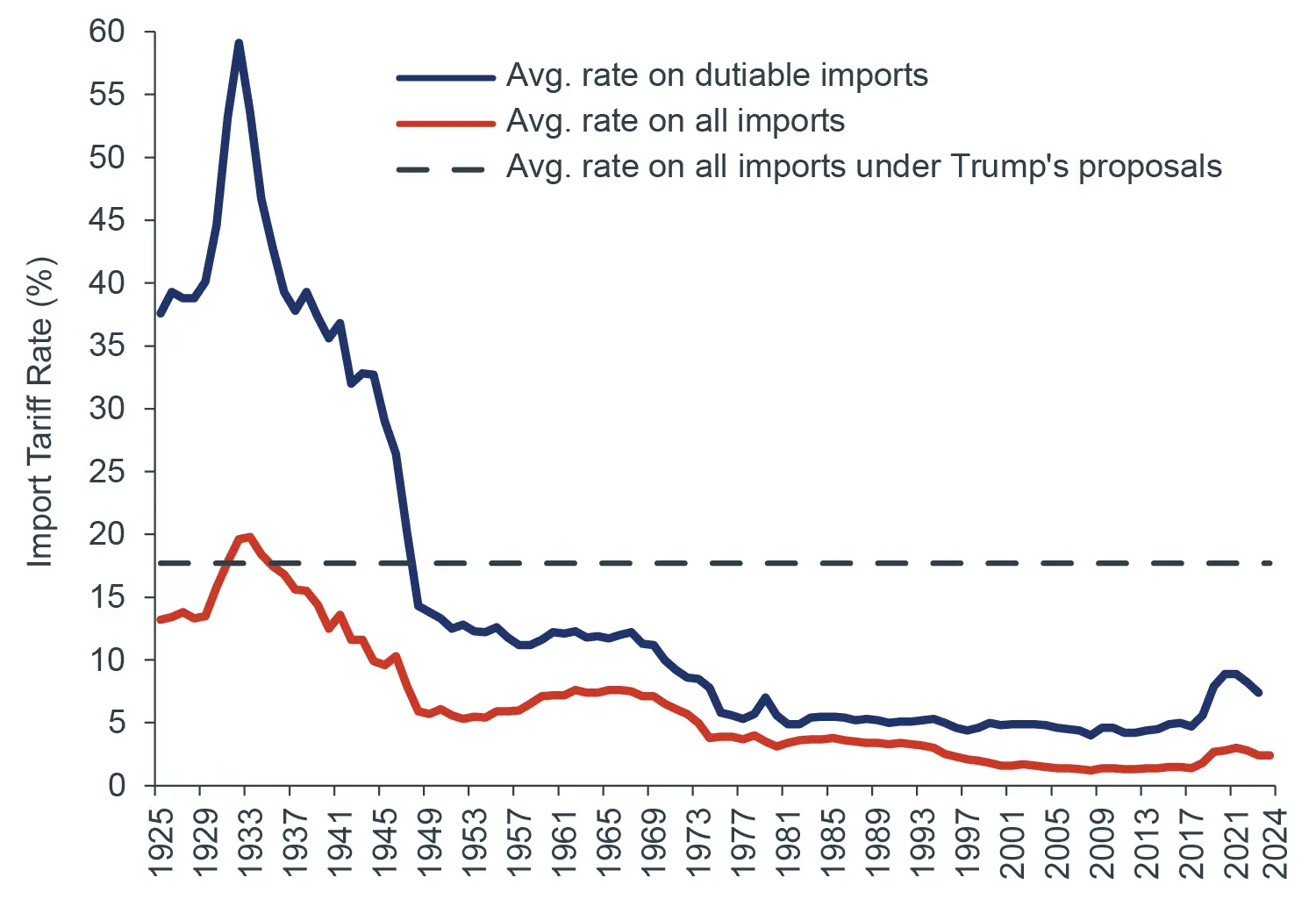India, as a sovereign country, is governed by a well-structured legal system based on its Constitution, which is the supreme law of the land. The country has a rich legal tradition that blends traditional values with modern law, and this is reflected in a wide range of internal laws that govern various aspects of life, including personal matters, property, crime, business, and governance.
Understanding Internal Law
Internal law is the law made by the legislature of a country that applies within its national borders. In India, internal law is made by the Parliament at the central level and by the state legislatures at the state level. These laws address the rights, duties, and responsibilities of individuals and institutions.
Sources of Indian Law
The primary sources of domestic law in India include:
- The Constitution of India – the basis of all law.
- Statutory Law – Laws passed by Parliament and state legislatures.
- Judicial precedent – Decisions passed by the Supreme Court and high courts.
- Customary and personal law – Traditional practices, especially in the areas of marriage, inheritance and family law.
- International treaties – When ratified and enacted by Parliament.
Division of Domestic Law
Criminal Law
Criminal laws in India are designed to maintain public order and prevent crime. The main laws include:
- Indian Penal Code (IPC), 1860 – defines various offences and their punishment.
- Code of Criminal Procedure (CrPC), 1973 – outlines the procedure for criminal investigation and trial.
- Indian Evidence Act, 1872 – governs the admissibility of evidence in court.
Civil Law
Civil law deals with disputes between individuals or organizations over rights and obligations. Notable laws include:
- Code of Civil Procedure (CPC), 1908
- Contract Act, 1872
- Transfer of Property Act, 1882
- Consumer Protection Act, 2019
Personal Law
India follows a pluralistic legal system in personal matters, where laws differ based on religion:
- Hindu Law – governs Hindus, Jains, Sikhs and Buddhists (e.g., Hindu Marriage Act, 1955).
- Muslim Personal Law – based on Sharia principles for Muslims.
- Christian and Parsi Law – governs marriage, divorce and inheritance for Christians and Parsis.
d. Labour and Employment Acts
These Acts regulate the conditions of employment and protect the rights of workers:
- Factories Act, 1948
- Minimum Wages Act, 1948
- Industrial Disputes Act, 1947
Wage Code, 2019 (part of the recent Labour Code reforms)
e. Property and Land Acts
These Acts regulate ownership, transfer and rent:
- Real Estate (Regulation and Development) Act (RERA), 2016
- Land Acquisition Act, 2013
- Rent Control Act (varies across states)
f. Environmental Acts
India has a comprehensive framework for environmental protection:
- Environmental Protection Act, 1986
- Wildlife Protection Act, 1972
- Air and Water (Prevention and Control of Pollution) Act
g. Family Law
In addition to personal law, India has laws applicable to all for specific family matters:
- Domestic Violence Act, 2005
- Juvenile Justice Act, 2015
- Child Marriage Restraint Act, 1929
Judiciary and Enforcement
The Indian judiciary plays a vital role in interpreting and enforcing domestic laws. It consists of:
- Supreme Court
- High Courts (in states)
- District and lower courts
Law enforcement is primarily the responsibility of the state police and, for specific cases, central agencies such as the CBI, ED and NIA.
Recent Developments and Reforms
In recent years, India has seen several legal reforms aimed at modernisation and better governance:
- Decriminalisation of homosexuality (Section 377).
- Insolvency and Bankruptcy Code (IBC), 2016.
- Triple Talaq declared unconstitutional (2019).
New Labour Code to simplify and unify labour laws.
Domestic laws in India form the backbone of its democratic and legal framework, ensuring justice, equality and order in society. As society evolves, the legal landscape also changes, with ongoing reforms and judicial interventions shaping the future of the country’s governance and civic life. It is crucial for every citizen to understand these laws in order to know their rights, perform their duties and seek legal remedies when necessary.
Domestic laws and regulations plays a vital role in protecting and upholding Domestic laws and regulations ownership rights. By understanding and complying with these laws, you can protect your investments and assets. With resources like MaPuPa, you can easily access the information you need to navigate the complexities of Domestic laws and regulations. Remember, knowledge is power when it comes to Domestic laws and regulations ownership – so stay informed and protect your rights!
![]()





